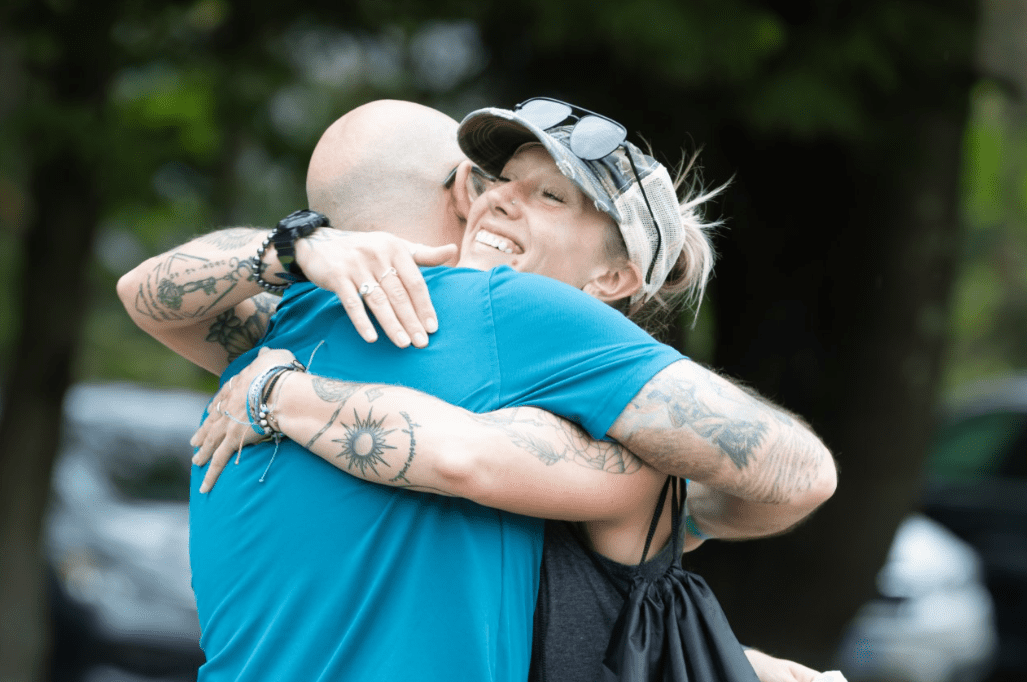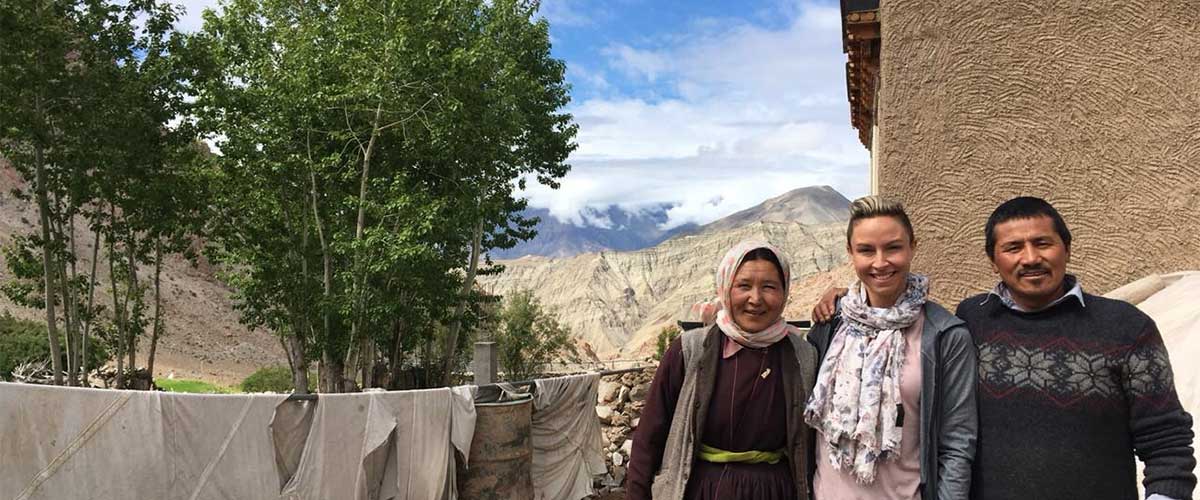How many times have you caught yourself wishing your past was different? Thinking that if you had only been told X, Y, and Z, maybe you would have never found yourself where you were at your worst? This belief may fuel your desire to use your own life experience and story as a learning tool for others, specifically children. In other words, you want to let everyone know that the stove is hot and you are hoping that this will impact someone enough not to touch the stove and get burned.
There are a lot of factors to keep in consideration when you are ready to tell a child your story. The first and most important is keeping the contents age appropriate. Next, one must consider who this child belongs to, as in, is this your child or someone else’s? If you are not that child’s parent, I would recommend asking them permission to give specifics about your story. However, if the child is asking you about addiction, stick to the facts about the disease and don’t disclose your story until parents or guardians approve.
So, if the time has come to have the conversation with a child about your disease, and all parties involved agree it is appropriate, where do you begin? What tools can you use to help aid the conversation and what parts, if any, can be omitted? Just like treatment at Mountainside, there is no one size fits all answer to this question and the conversation will need to be tailored to the child.
For children over the age of seven, I think a really nice tool to open up the conversation is the Pixar movie Inside Out. This movie personifies basic emotions and shows the viewer that joy is not a sustainable emotion. The movie shows what disasters ensue when one attempts to only experience the emotion of joy. By watching the movie, you are priming your audience to have some basic information about the thought process and complex emotions, as shown at the end of Inside Out.
Studies show that by age 12, most children have been exposed to drugs and alcohol. As complex emotions and the development of the prefrontal cortex start to take shape, your story can be an important factor in any decisions made by that child. A nice place to begin may include the fact that when you first started to experiment with drugs and alcohol, you never dreamed you would develop the disease of addiction.
This starting point of the conversation can be especially useful if the child you are telling your story to is your kin. As you know, addiction can be a family disease. Stressing that you wish someone had told you, “that stove is hot,” and that addiction is an illness that your kin is prone to might be helpful and impactful. At this point, you might notice some fear and reservation on the face of the child. A nice way to link this is by using another disease that is contagious as a model for prevention ─ such as strep throat, chicken pox, or the flu. You can even use severe allergies as a comparison, if your child respects and understands the disaster a peanut butter and jelly sandwich can ensue during school lunch. This keeps the conversation pertinent and relatable to the child hearing the story.
As you continue to divulge the missteps and progression of your disease, check in with your listener and open the conversation to any questions they might have. This will help you shape the story to their level of understanding. This isn’t the time to practice sharing like you are at your home group meeting. Your story is a working conversation with someone who might jump up in the middle and ask you to change subjects and play a game instead. This is how you can gauge understanding and attention from your audience.
It is important to be mindful of distractions, inappropriate details in the content, and your own comfort of being asked to follow up questions. Don’t forget, it is okay to identify you might not be ready to share details with a child, or that you don’t know the answer right now.
Helpful resources for your listener include the [National Association for Children of Alcoholics](http://nacoa.org/kidsteens/just-4-kids/).
If you or a loved one is struggling with addiction, Mountainside can help.
Click here or call (888) 833-4676 to speak with one of our addiction treatment experts.

 By
By 






